AO Edited
Anders Celsius's Thermometer
The first thermometer made with the almost-universal temperature scale is backwards.
Anders Celsius was a Swedish astronomer and physicist based in Uppsala in the 18th century. His research mainly focused on the moon and the brightness of stars, but he is best remembered for his work with temperature.
Celsius determined that the freezing of water was independent of atmospheric pressure and latitude, and though the boiling point of water did differ with these variables, it was directly correlated. With this knowledge, the scientist proposed a new temperature scale in 1742 that put 100 degrees between the boiling point of water and its freezing point.
The system was easy to use and work with, and fit well in the other decimal units of the SI system (International System of Units). The new scale was quickly accepted as the standard for temperature all over the world. Today this is still the case, with the exception of the United States, the Bahamas, Belize, the Cayman Islands, and Liberia.
The first thermometer made in this scale by Celsius himself was kept in Uppsala Observatory for many years and eventually donated to the Gustavianum Museum, where it is on display now. If you look at it closely, you’ll notice one major difference between this early instrument and modern-day degrees Celsius (or centigrade) thermometers: The scale is backwards.
On Celsius’s thermometer, zero degrees is the boiling point of water and the freezing point is at 100 degrees. Strange as it seems, this likely came from the way astronomers view the brightness of stars; bright stars have negative values and very dim ones have higher, positive ones. About a year after Celsius proposed his namesake system, the scale was reversed by French physicist Jean-Pierre Christin to the recognizable values we use today.
Update as of July 2021: The Gustavianum Museum is currently closed for renovations and will reopen in fall 2023.
Know Before You Go
The thermometer is in a glass case on the first floor of the Gustavianum. You will need a ticket to ent
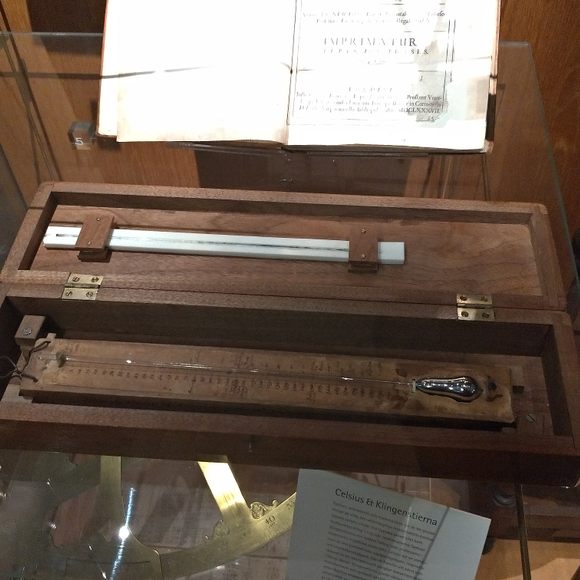

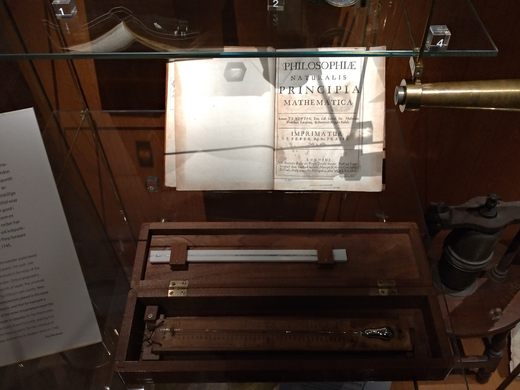
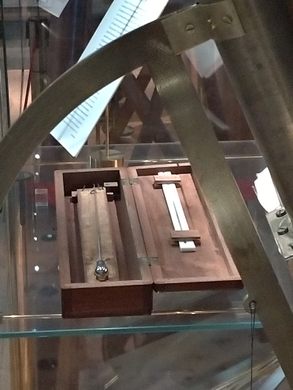




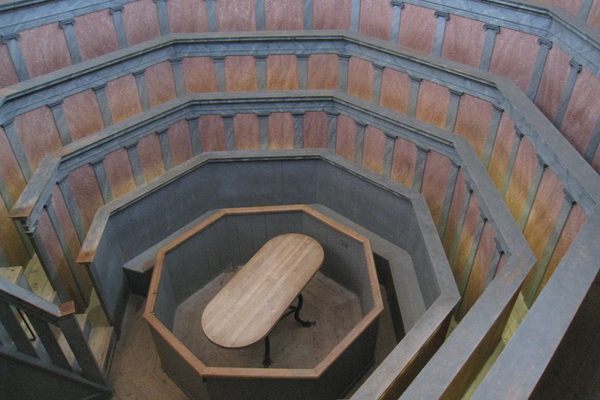
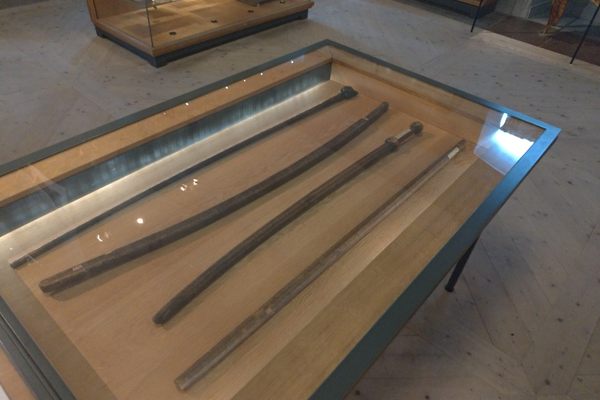
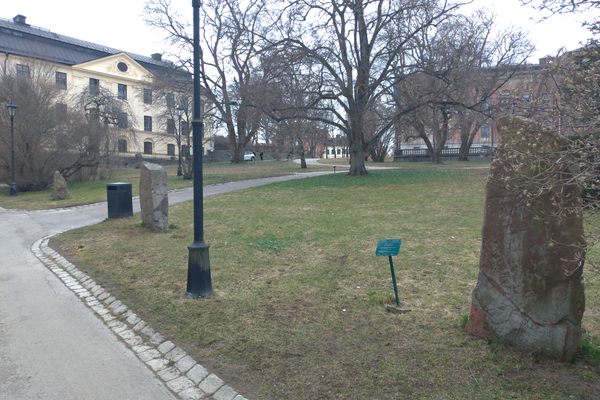

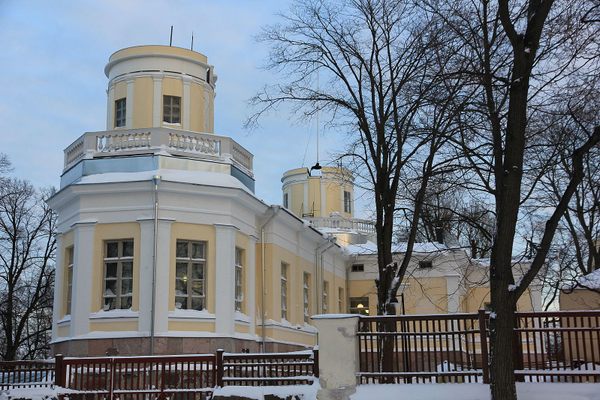
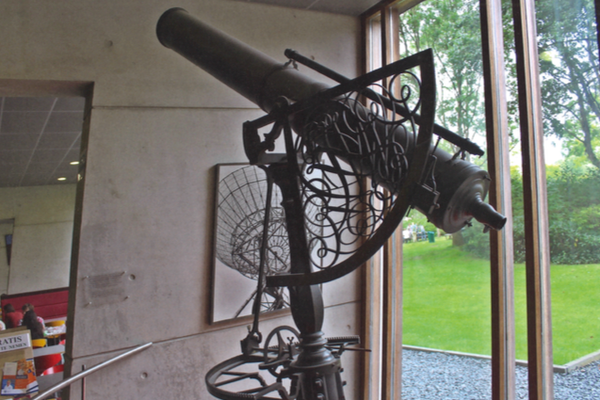



Follow us on Twitter to get the latest on the world's hidden wonders.
Like us on Facebook to get the latest on the world's hidden wonders.
Follow us on Twitter Like us on Facebook